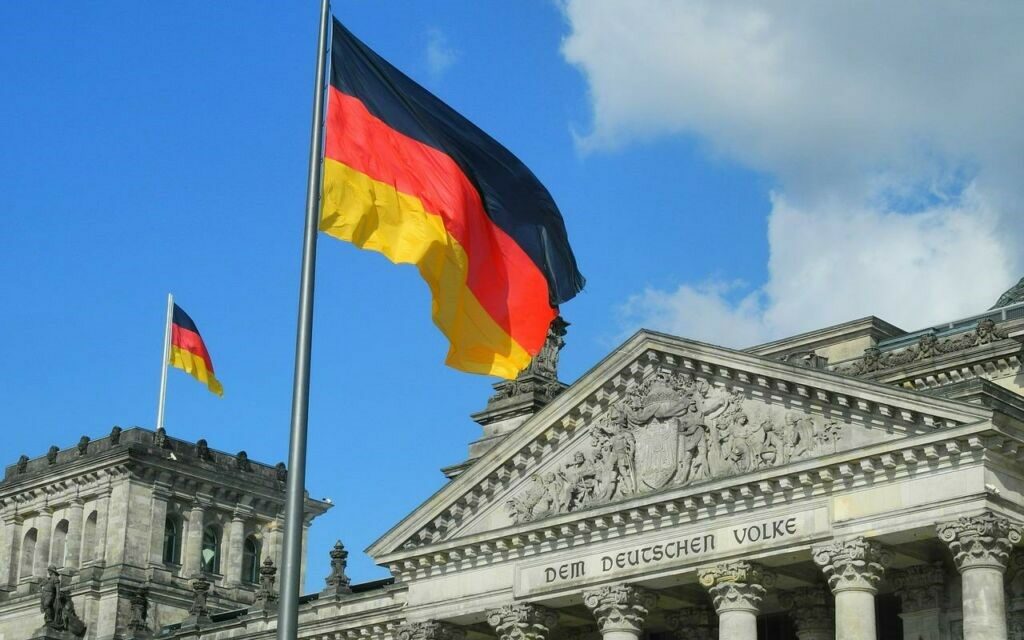An elite suffering from ecology mania has sacrificed energy and food security on the altar of climate protection, writes Ralph Schoellhammer on Spiked.
The author of the article notes that, as a result of the energy crisis, the German government decided last week to temporarily stop the shutdown of two nuclear power plants. They are trying to secure Germany's energy supply with this, after Russia practically stopped its gas exports to Germany.
"However, the German government could do much more if it was serious about strengthening its energy security. For example, it could repeal the 2017 ban on fracking. According to a 2016 government report, Germany is sitting on more than two trillion cubic meters of shale gas deposits, which is 20 times its annual gas consumption. Rock fracturing technology could realistically cover 10 percent of Germany's annual gas needs. What is even more encouraging is that, according to the report, fracking in Germany can be carried out without harming public health and the environment," writes Schoellhammer.
Germany is currently facing a tough winter and future, the author describes that the German heavy industry may even be forced to cut production to cope with rising energy costs. 70 percent of gas-dependent European fertilizer production has stopped. This could seriously hamper agricultural production in 2023 and cause huge food shortages.
"Yet Germany's political leaders appear to be putting their commitment to green orthodoxy above all else - including the need to address the multiple crises facing Germany"
- writes the economist.
He cites Cem Özdemir, the German Minister of Food and Agriculture, as an example. In an interview with the Frankfurter Allgemeine Zeitung, he said that
"the famine argument must not be misused to make compromises on biodiversity or climate protection".
“Here, Özdemir effectively dismissed people's concerns about food production as nothing more than attempts to undermine his government's environmental plans. So now the German government, which rigidly adheres to the green program, is doubling down on its suicidal policy," writes the author.
The article describes that Berlin plans to increase the proportion of organic farming in Germany to about 30 percent of agriculture by 2030. Scientific journalist Axel Bojanowski points out that this policy would turn Germany from a self-sufficient grain producer into a net grain importer.
"It would be a disaster with global consequences. We have already seen how the decision of Western countries to reject domestic gas production in favor of buying gas on the world market has raised prices to levels only they can afford – while the lights go out in developing countries such as Pakistan.
Germany's move towards organic farming, which is expected to be followed by the rest of Europe, will have a similar effect on the price of grain and other food products.”
- writes the economist.
According to the author, this does not seem to concern the German government.
"Time and again, the German elite stood in the way of the development necessary for human prosperity, limiting the development of food and energy production. All this was done through the politics of fear, with successive governments shouting about the dangers of gas, nuclear energy and genetically modified organisms.
It is tempting to ask what is more dangerous now – climate change or the destructive, unscientific and ideological policies introduced in its name?”
The article recalls that in 2004, Germany's environment minister, Jürgen Trittin, promised that switching from fossil fuels to carbon-free energy sources would cost average households no more than €1 per month – "the price of a scoop of ice cream".
"Instead, the energy transition - like many other policies advocated by Green Party politicians - is likely to impoverish much of Europe"
- writes the economist.
Featured Image: Pixabay













